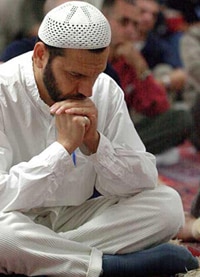Employers mustn’t forget race discrimination in amongst all the talk about the new sex discrimination law! So, in keeping with previous posts on festivals for world religions, here’s another for you in relation to Islam for our clients who have Muslim employees. Even if you are not interested in Islam, please note the workplace consequences that arise as a result of this festival. There are several cases where Muslim employees have brought claims of discrimination in relation to Ramadan.
Ramadan begins today (Thursday 18th June) and lasts 30 days until 18th July.
What is Ramadan?
In Islamic tradition Ramadan is the ninth month in the Islamic calendar, when the first verses of the Koran/Qur’an were revealed to the Prophet Muhammad. Observing Ramadan is regarded as one of the five pillars of Islam.
When is Ramadan?
The dates of Ramadan change each year as it depends upon regional customs and when the new moon is first sighted. It lasts for 29-30 days and ends with the celebration of Eid-Ul-Fitr. The Islamic calendar is lunar, which means that days start at sunset. Therefore, the variation in the moon means Muslims in Jersey and those on the mainland will be at different times of fasting/not fasting.
What do people do during Ramadan?
Many Muslims will fast each day from sunrise to sunset (actually from morning twilight (Fajr Prayer) to evening twilight (Maghrib Prayer). This includes not eating food, drinking liquids or smoking. It is common to have one meal known as the suhoor just before sunrise and an evening meal known as Iftar after sunset. The term Ramadan is derived from al-Ramd, which means “burning heat of the sun”. This name aptly describes the thirst experienced during fasting.
Ramadan is a time of prayer and self-reflection, improvement and increased devotion and worship. Muslims are encouraged to read the entire Qur’an (the Muslim religious text like the Bible). They believe the act of fasting redirects the heart away from worldly activities and cleanses the soul by freeing it from harmful impurities. They believe this promotes self-discipline, which can be applied to everyday life to bring about self-improvement.
Further, Muslims believe fasting makes them sympathise with the suffering of others so Ramadan is also a time for charitable giving, which can involve both making donations and participating in charitable events. Followers of the Muslim faith are obliged to give to charity regularly in the form of either Zakat, which is mandatory giving, or Sadaqa, which is voluntary and meant to go beyond mere religious obligations.
Key workplace considerations during Ramadan
- Observing Ramadan may be noticeable (for example not eating at lunchtime) and so it is often sensible for employees to inform their managers of the fact they are fasting.
- Fasting may affect people in different ways (for example some people may understandably become a little irritable or slightly tired at times) and some understanding from managers and colleagues can be helpful.
- The effects of fasting may be felt most strongly in the afternoon so it can help to use the morning for meetings and intellectually challenging work, and perform routine tasks later. Also when Ramadan falls in the summer months it can be particularly challenging as the days are longer.
- Although breaks should be kept, a shorter lunch may make it easier for an employee to manage their workload if they wish to take time off to carry out additional prayer or worship.
- Colleagues may want to avoid offering food and drink to those who fast if sharing food with other colleagues, or eating during meetings.
- It would be helpful to avoid meetings/social events etc that ALL staff must attend during Ramadan as it may affect people who would still be fasting.
- In certain years, a considerable portion of annual leave may be used by employees wishing to observe the Ramadan rules. Where the leave timings can be accommodated, it is also important to ensure an employee has adequate leave days available for these needs.
- Awareness and understanding of Ramadan and other religious festivals can be aided by posting information on staff notice boards or newsletters etc.
- Ramadan may offer an opportunity for closer team relations and teamwork – for example by avoiding cakes/biscuits during a team meeting.
Some Muslim employers will send messages of support to their staff and their families celebrating this important religious period (as Jersey employers do at Christmas). Instead of saying “Merry Christmas!” it says “Assalamu Alaykum!” which means “Peace be with you”.







